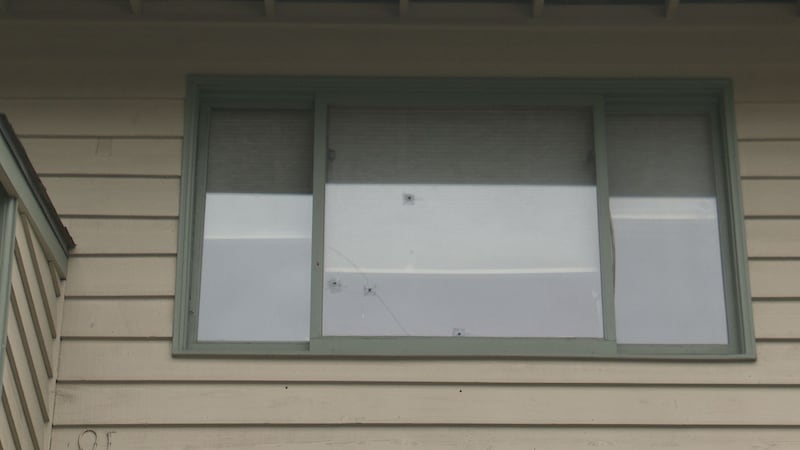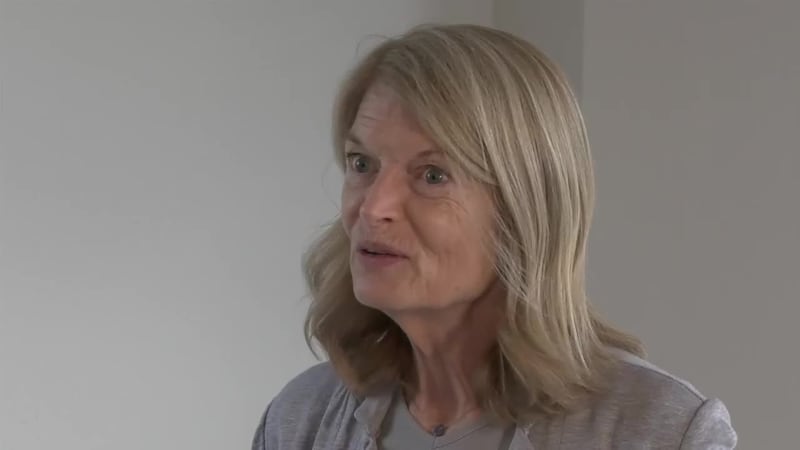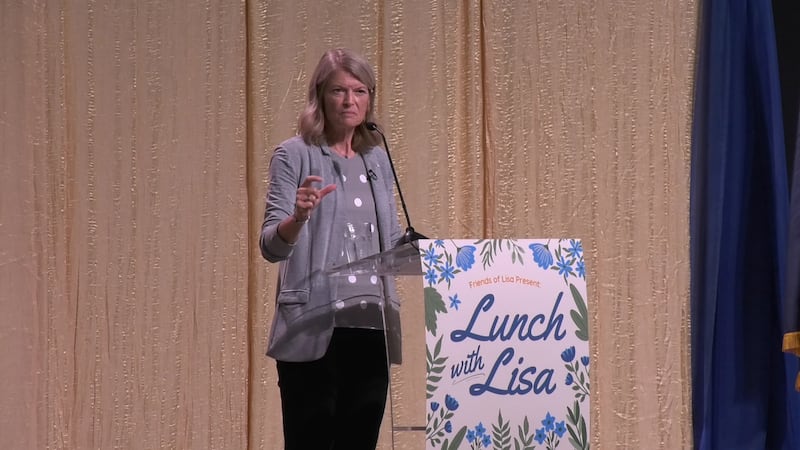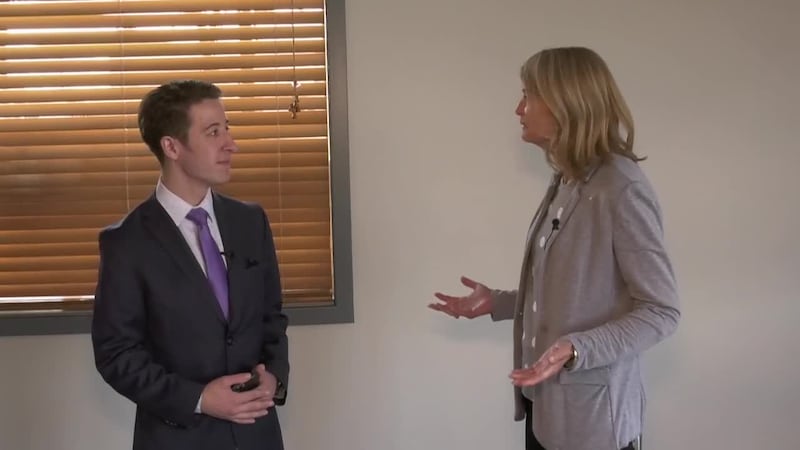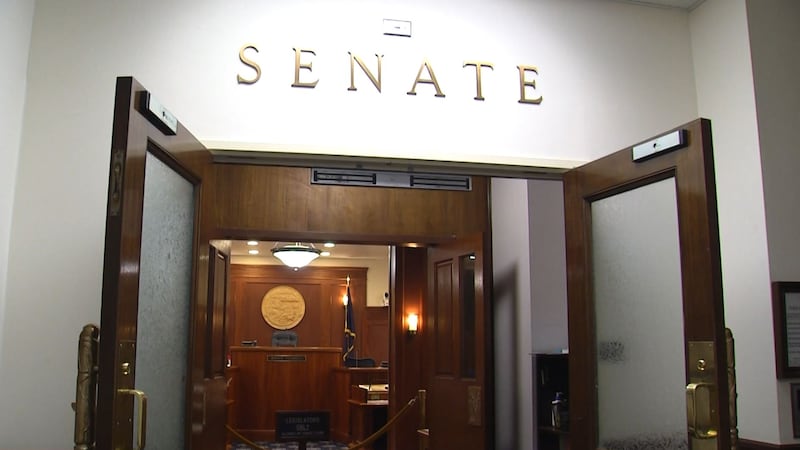Proposed bill seeks to cap PFD at $1K, implement income qualification limits
HB 209, as written, would disqualify Alaskans whose incomes are above a certain threshold
ANCHORAGE, Alaska (KTUU) - A new piece of proposed legislation now up for consideration by state lawmakers seeks to set a fixed amount for future Permanent Fund dividend payouts and create an income-based eligibility system for those payments.
House Bill 209, recently introduced by Rep. Zack Fields, D-Anchorage, proposes a maximum $1,000 PFD for future payout years. The bill also looks to add income thresholds to PFD qualification, setting those at $50,000 — in federal adjusted gross income — for individual residents, and $100,000 for married couples.
If passed as written, Alaskans under each category and making more than the listed annual incomes would no longer qualify for the dividend payments.
In a note to constituents, Fields said, in part, that getting the PFD to Alaskans who need it most “ensures we can also fund basic services.” He also claimed that the bill would save about $300 million annually, which could then be repurposed for other general fund uses, and said in his sponsor statement that the legislation would “resolve the statutory conflicts regarding Permanent Fund Dividend payments and right-size PFD payments to protect access.”
“After a decade of public disinvestment that has led to declining schools, decaying infrastructure, and consistent out-migration, Alaskans should recognize that supplementing incomes with super-sized PFDs cannot compensate for a failure to fund basic services,” Fields’ sponsor statement said in part. “Fortunately, because of Alaska’s Permanent Fund endowment and resource wealth, the state can afford to fund adequate public services, and to pay a reasonable but not massive dividend.
“At current oil prices, we can fund all existing state services, reverse the last six years of cuts to education, pay a $1,000 PFD (the historic average, taking into account inflation), and that would leave us with an approximately $550 million surplus,” he added. “We can reverse the trend of disinvestment, pay a PFD consistent with the historic average, and still have a budget surplus.”
After being introduced last week, the bill was referred to the House Judiciary Committee, where members on Monday questioned what could be done with the bill.
The committee chair, Rep. Andrew Gray, D-Anchorage, said in part that “the PFD is an amazing thing because of the amazing benefit it has been,” and suggested the bill might be viable with some changes — for example, with increased income limits and a higher PFD amount.
“It is not tied to inflation, and it should be,” he said. “It is too conservative, because that $50,000 mark is too low; there are people making $60, $70, $80,000, who have families that are struggling. So we would need to raise that.
“And, it’s too conservative,” he emphasized, “because $1,000 is too little, so we would need to raise that.”
Other lawmakers have expressed an unwillingness to entertain a bill such as HB 209.
In a email newsletter over the weekend, Sen. Shelley Hughes, R-Palmer, said in part that she could picture legal action, should the bill become law.
“Changing the PFD check to a welfare check, to a program that rewards less productivity and reduced investment by individuals, is not going to be welcomed with enough open arms to pass,” she wrote. “This is not at all what Governor Hammond had in mind when the PFD was created.”
Fields indicated that he believes the state has severely limited options if it wants to keep the PFD alive at all.
“I think our choices going forward are, number one, we can do nothing, and the dividend will wither away and be gone in about three to four years,” he said during the committee hearing Monday afternoon. “That’s the reality with falling oil prices. Or, we can raise a lot of revenue, or, we can raise a fairly modest amount of revenue, and means-test the PFD.”
The hearing on Monday was the first of what is expected to be several over the course of the remainder of the regular legislative session.
An additional hearing on HB 209 has been scheduled for Monday, May 12, at 1 p.m.
The last day of this regular session is May 21, 2025.
See a spelling or grammatical error? Report it to web@ktuu.com
Copyright 2025 KTUU. All rights reserved.






